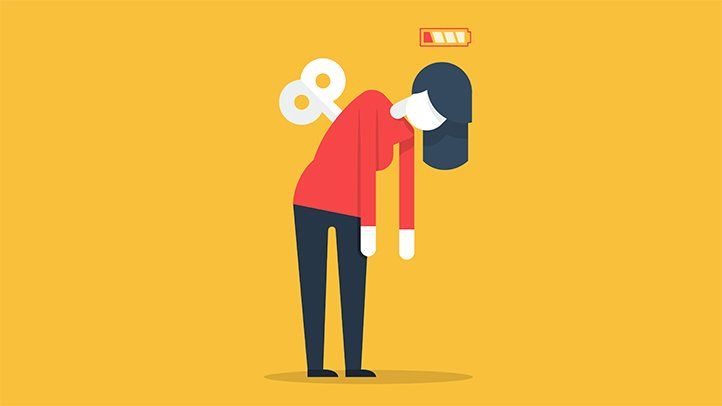Overcome chronic fatigue: what to do and how to fight it
It's best, of course, to prevent such conditions. On the Chronic Fatigue Syndrome International Awareness Day, we explain the ways to do it.

We all feel exhausted from time to time: after a hard working week, after fighting an illness, after completing hard physical work, or a long-term project involving significant intellectual work. But what to do when the feeling of fatigue and overfatigue becomes a constant companion, the decline of strength doesn't pass even after vacation, and every new morning, despite the seemingly full sleep, turns into torture?
Normally, any severe fatigue passes after a good night's sleep and rest. If a person continues to feel lethargic and driven to the end, and it prevents them from doing their usual tasks, most likely, it's a pathological condition. If long-term fatigue is accompanied by memory loss, difficulty concentrating, sore throat, swollen lymph nodes, muscle and headaches, flu-like symptoms, and constant mental and physical decline, there's every reason to talk about such a disease as CFS or chronic fatigue syndrome.
This publication is available in Ukrainian and Russian. The English translation hasn’t been produced yet. Support us to make the translation faster - follow the link for instructions





















































